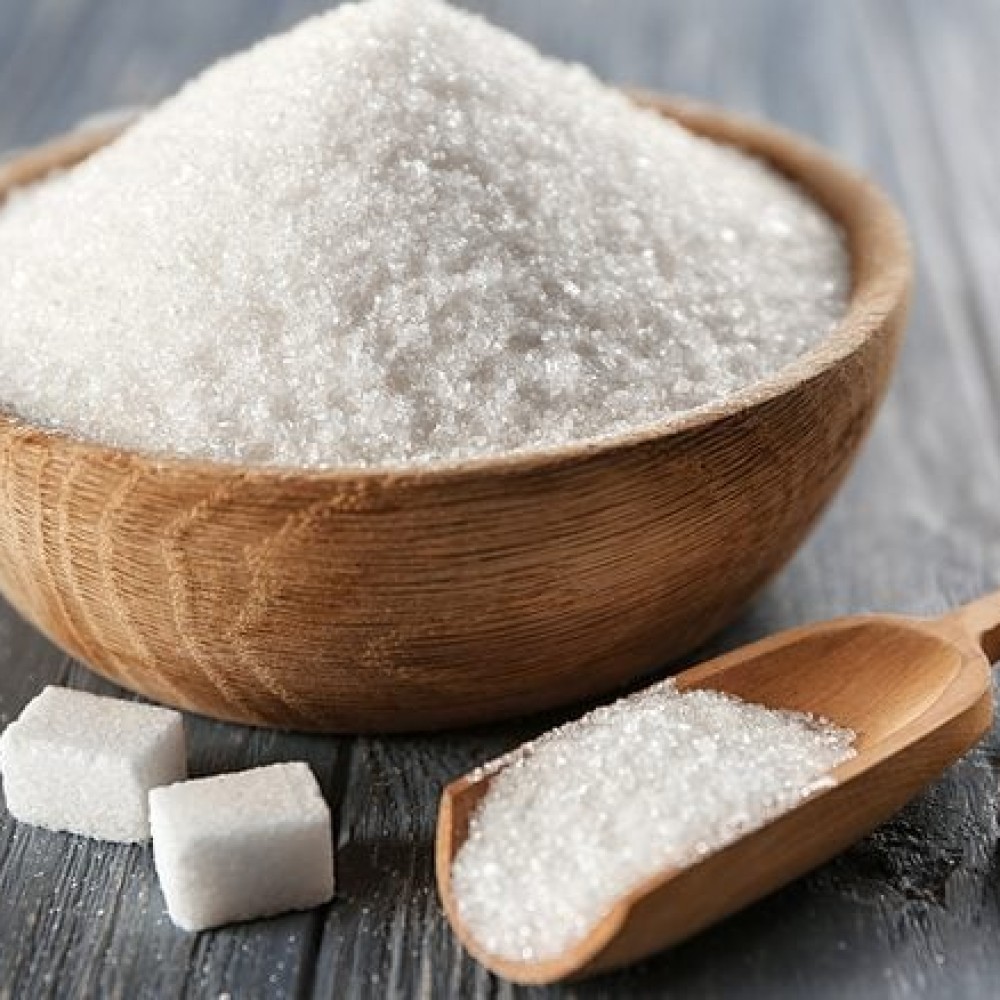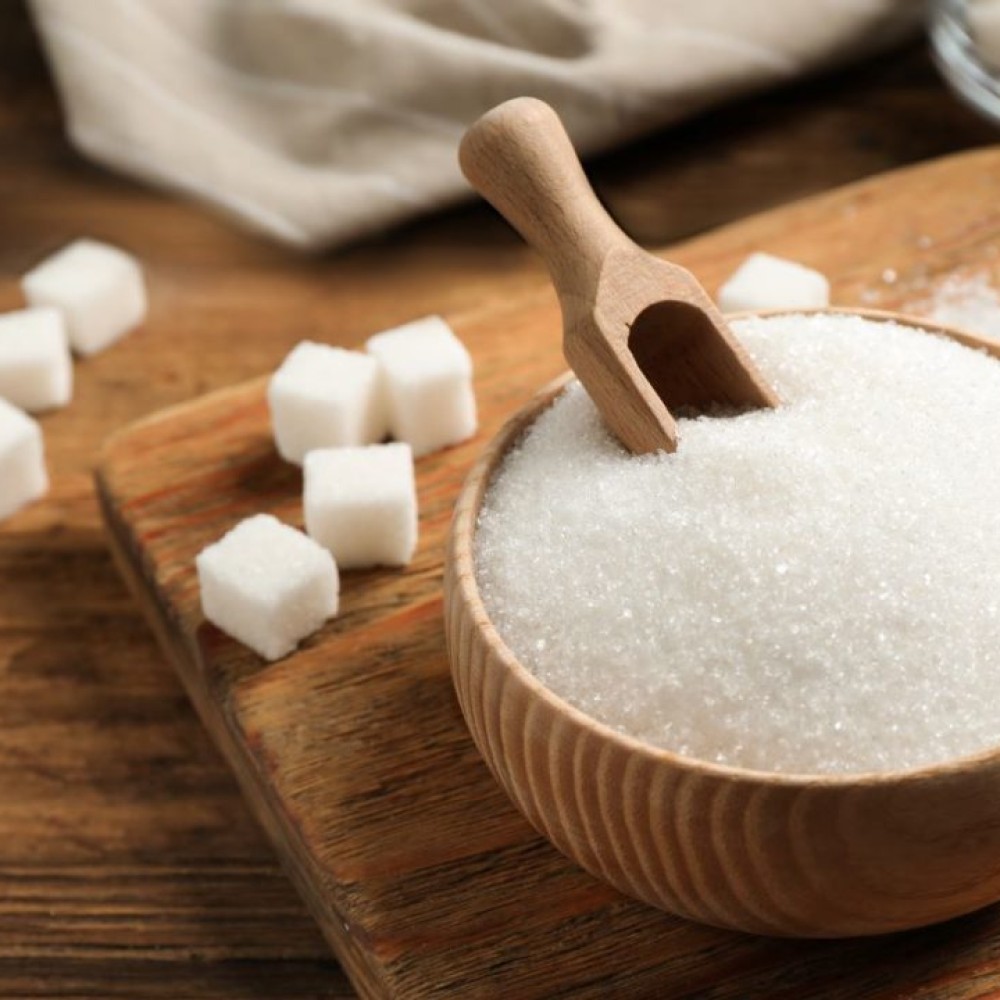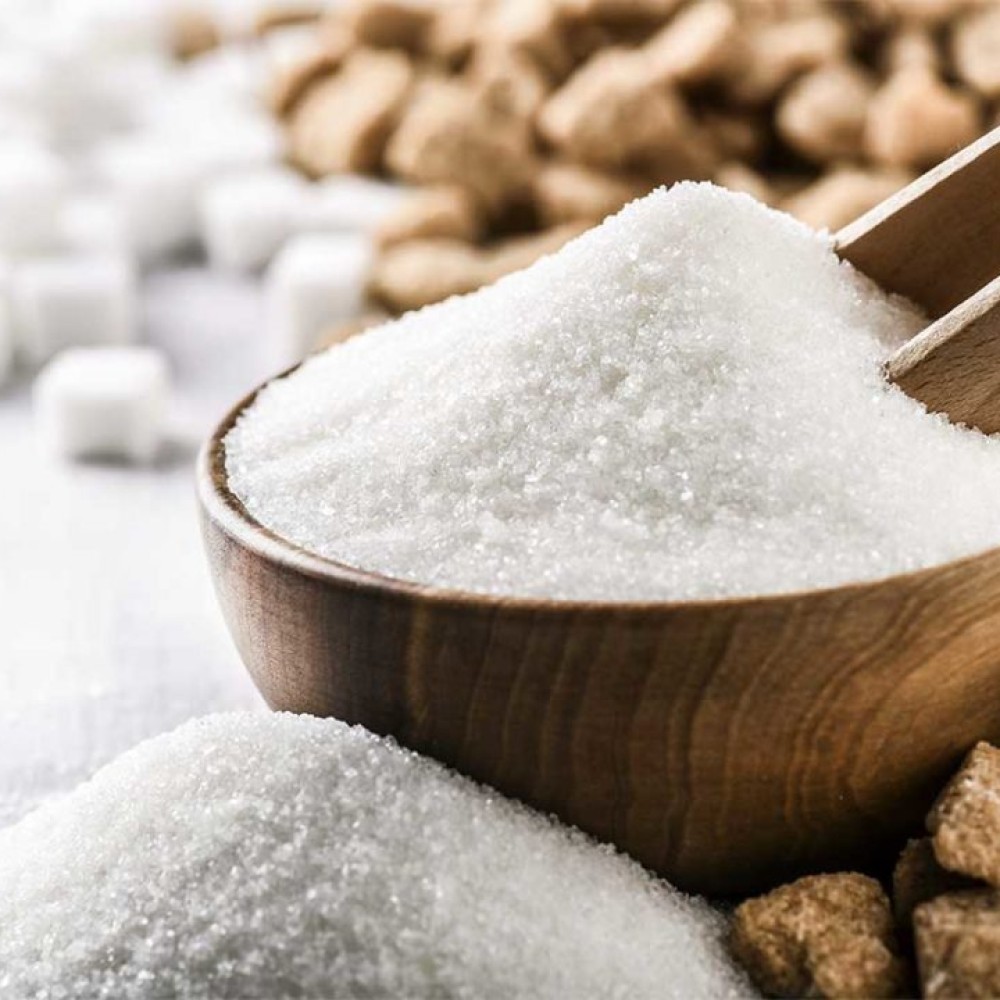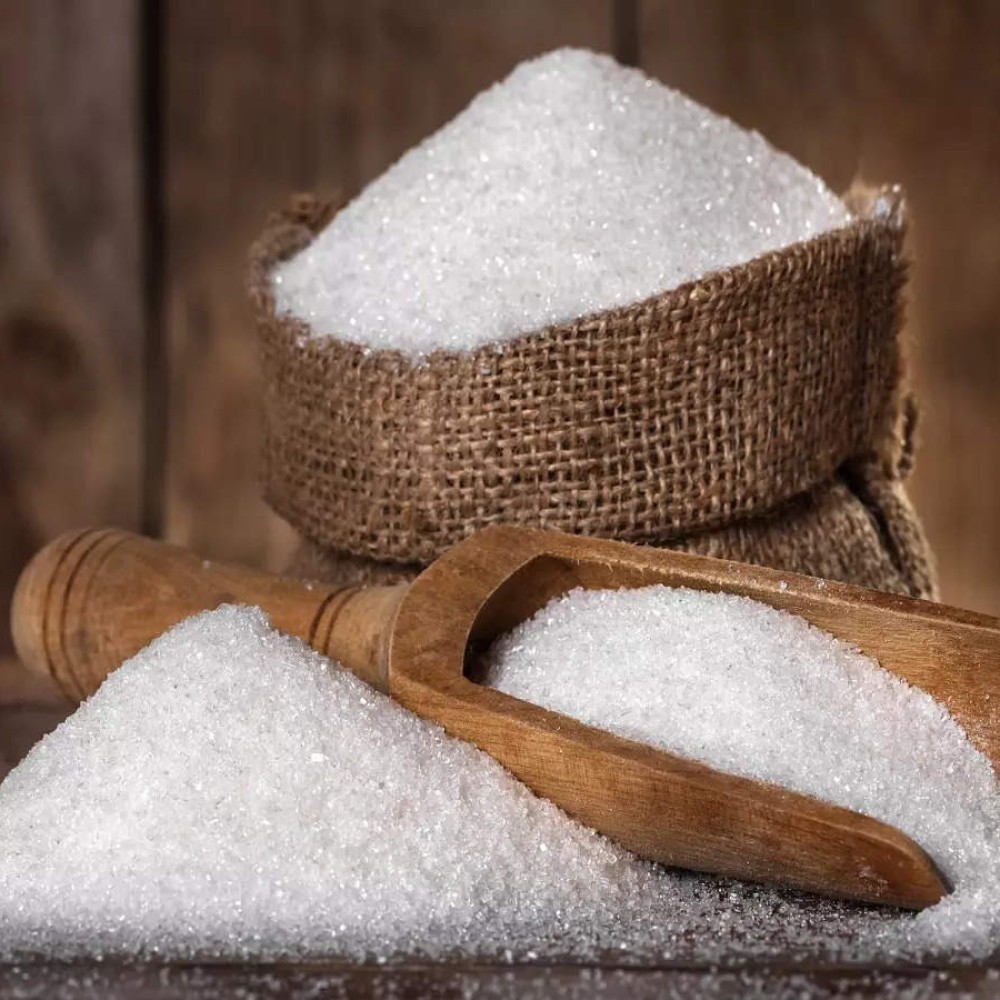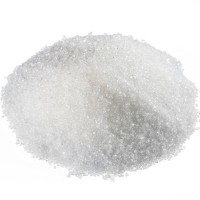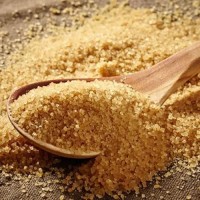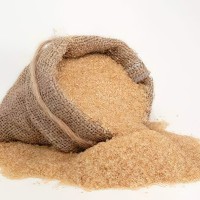BRAZILIAN SUGAR
Descrição
Brazilian Sugar - Sugarcane was introduced during the colonial period and has become one of the most important crops in the Brazilian economy. Brazil is not only the largest producer of sugar cane, but also the world's leading producer of sugar and ethanol, and is conquering more and more foreign markets with the use of biofuels as an alternative energy source. Sugarcane is an example of a renewable and versatile crop that can be used as a source of clean energy and commodities. Brazil is now the world's largest sugar cane producer. The modernization of the 430 factories operating in the country through the introduction of new technologies ranging from cultivation to the production of sugar, ethanol and bio-electricity has strengthened the sector and is recognized worldwide for its pioneering and production efficiency. Accounting for more than half of the world's sugar trade, the country is expected to achieve an average production growth rate of 3.25% by 2018/19 and harvest 47.34 million tonnes of iron ore, an increase of 14.6 million tonnes over 2007. ing. 2008. As for exports, the planned volume for 2019 is 32.6 million tons. It produces 490 million tonnes of sugarcane annually (2011/2012), with about 90% of Brazil's sugarcane production harvested in the central and southern regions, especially São Paulo, which accounts for 60% of sugarcane production, increase.


 English
English
 France
France
 Arabic
Arabic

